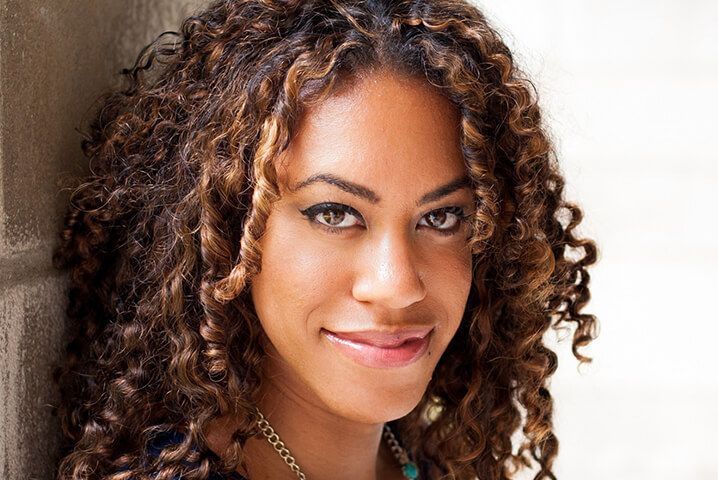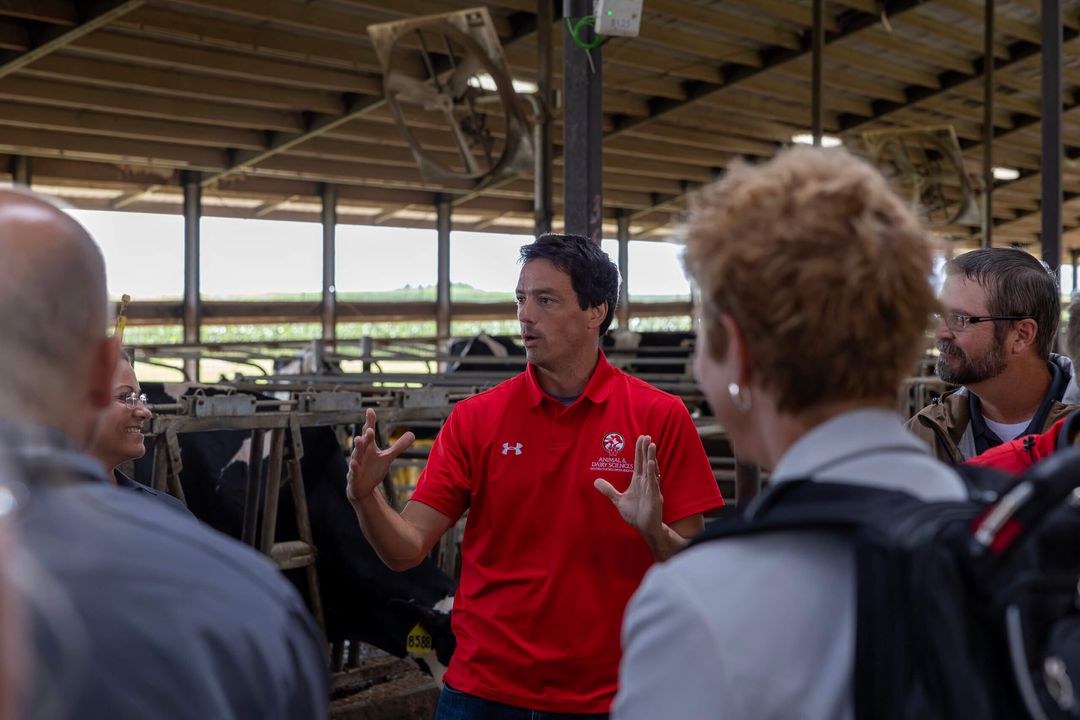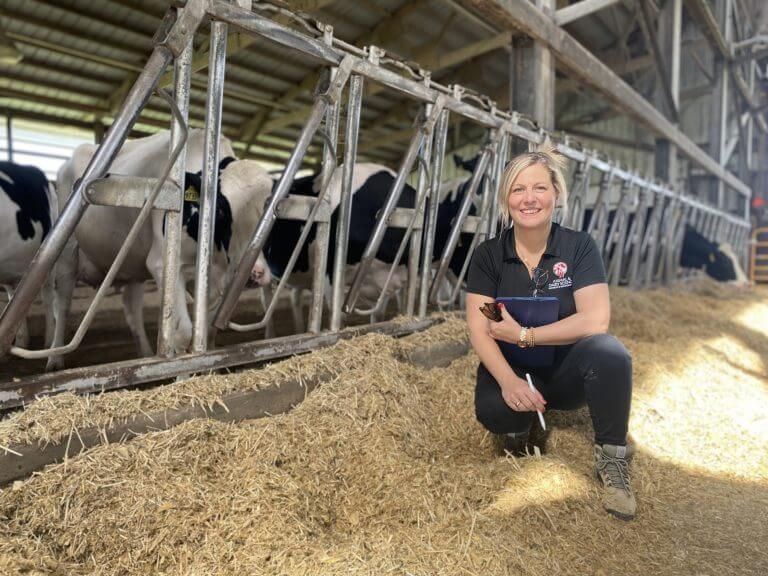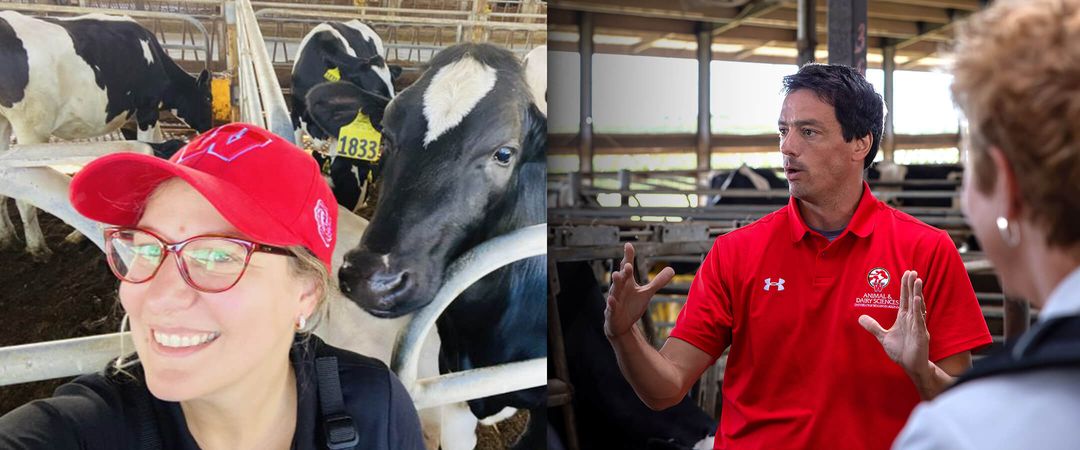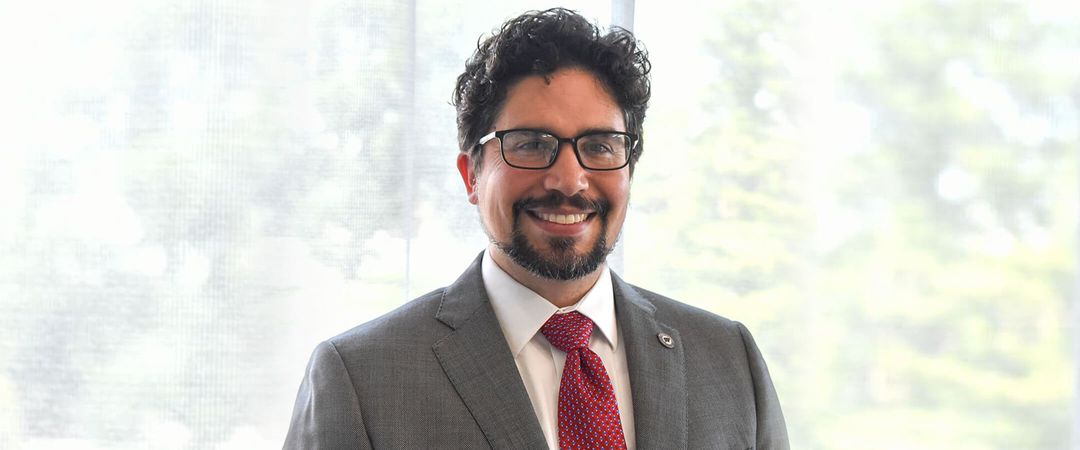Former teacher and current doctoral student Jessica Stovall ’07 is striving to create racial equity in the classroom.
Stovall, who wanted to be a teacher since she was young, attributes who she became as an educator in part to the support she received through UW–Madison’s Chancellor’s Scholarship Program and her overall UW experience.
The scholarship provided her not only with financial assistance, but also a community that encouraged her when the world was giving her conflicting messages. In addition to a sense of fellowship among her peers, the scholarship program involved her in the greater community, assigned her a faculty mentor, and facilitated connections with professors.
“I don’t think that people quite understand how important and powerful these programs are,” Stovall says. “To be affirmed and supported and constantly told that I’m meant to do great things — being surrounded by examples and models and ways of being that I could measure myself up to was really powerful. I really, honestly, don’t know if I would’ve gotten through UW–Madison, with the success that I had, if I hadn’t had the support.”
Stovall remembers the moment she received “the phone call” from the scholarship’s late founding director doctor Mercile Lee, who called each recipient of the Chancellor’s and Powers-Knapp Scholarships to welcome them to UW–Madison. Stovall was folding laundry in her parents’ bedroom, and the moment solidified her decision to attend the UW.
“I think one of the most important parts [of the scholarship program] was the absolute dedication of Mercile Lee,” she notes. “One thing I’m just so grateful for is [that] I’ve never in my life experienced a program that has such high touch, and the accountability that we felt because of how much she invested in us really pushed us to invest so much back into the program.”
Stovall also made an impact on campus through her time on the Associated Students of Madison’s (ASM) Diversity Committee as an undergraduate. There, she helped build awareness of issues of race on campus.
“Part of the reason why I wanted to become an educator [was] to try to be a part of eliminating racial disparities in academic achievement,” she says, and ASM equipped her with tools she would carry into her teaching. She also attributes her experience studying abroad in England as framing who she became, providing her with new perspectives that paved the way to her work today in analyzing education across the globe.
From the UW to the World
After graduating from the UW, Stovall became an English teacher at Oak Park [Illinois] and River Forest High School (OPRFHS), where she would remain for 11 years. During her tenure, she earned a Fulbright Distinguished Award in Teaching, which enabled her to travel to New Zealand for a semester to study the ways the country was supporting its indigenous Māori population in schools.
“I was really passionate about thinking about the ways in which Māori were able to show up as Māori — that they didn’t have to compromise their cultural identities,” Stovall says. During the experience, she collaborated with the Victoria University of Wellington and collected information on how different schools implemented practices that reframed community building and discipline. As a result, she started thinking about ways to engage and support minoritized youth, particularly Black students, in U.S. schools.
Upon her return to teaching at Oak Park, however, Stovall found it difficult to integrate her research into her full-time teaching schedule and did not feel the school’s administration backed the work. This struggle was captured as part of the documentary series America to Me, which was released on streaming-service Starz in 2018. The award-winning series follows some of the school’s staff and students for an academic year and provides viewers with a look into the obstacles that Stovall and students of color faced.
“It was actually a really powerful, really affirming [experience],” Stovall says. “I really had such low self-esteem about who I was as an educator. And so the outpouring of support I had after America to Me was a total surprise, and I think [it] really helped me stand more firmly in my shoes as who I am as a person and what my purpose is in education.”
Around the same time the series was released, Stovall shifted gears to pursue a doctorate in race, inequality, and language in education at Stanford University. In addition to wanting to focus more on the research she’d already started, Stovall did not feel supported in her teaching position or like she could be herself in the school’s environment.
“That ultimately led for me leaving the classroom,” Stovall says. “I absolutely love teaching. I feel like it’s a calling of mine. … [But] it felt like the more I wanted to do racial-equity work, the more I wanted to be an advocate for my minoritized students, [then] the more that I was met with hostile responses from my school. And I ultimately did not feel like it was a safe place for me to work, and it really impacted my mental health.”
Although she hasn’t yet determined what her dissertation at Stanford will be, Stovall is applying her experiences from teaching, traveling abroad, and UW–Madison to her studies, conducting research in communities and investigating ways to generate equality in the classroom. Through her work, she hopes to see more Black teachers enter — and stay in — the field and see students treated fairly in classes.
“I want all students to feel like they have a sense of belonging, that they’re seen every single day [and] feel like adults care about them and their success,” she says. “I also really want teachers to create humanizing spaces where students can be their full, authentic selves [so] that they don’t have to negotiate different parts of their identity to be academically successful [and] they can really bring all of who they are into a classroom.”
